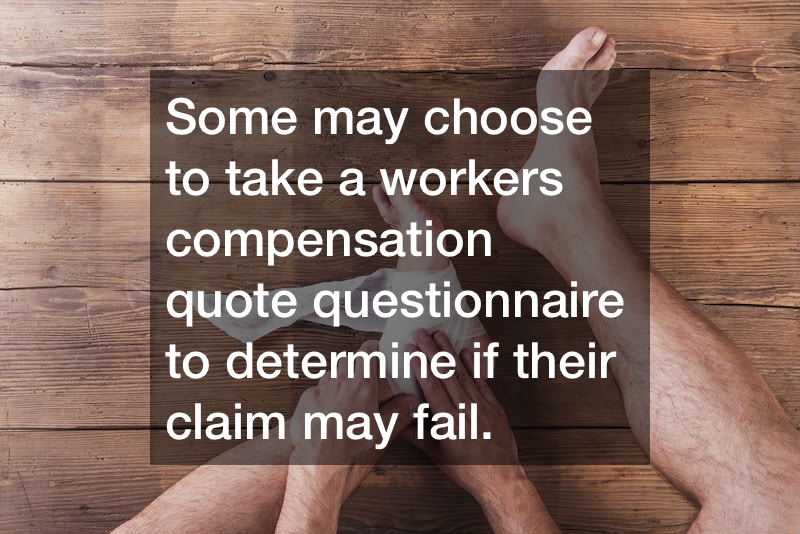
Are you a worker considering filing for workers compensation benefits but are worried that your claim may be denied? You’re not alone. Some may choose to take a workers compensation quote questionnaire to determine if their claim may fail. According to Samsara, the average state denies 7% of workers’ compensation claims, leaving them with little to no financial recourse. While the reasons behind such rejections vary from case to case, there are some common factors you should be aware of when it comes to union workers compensation.
The most common reason for a denial of workers compensation, or workers comp not paying enough, is a lack of evidence. Workers comp lawyers state that in order to have a successful claim, you must demonstrate that your injury occurred in the workplace and that it arose from an accident or work-related activity. Another common factor is the untimely filing of your claim. If you’re injured on the job, you need to contact an experienced workers comp lawyer or file a claim as soon as possible to avoid paying workers compensation claims out of pocket.

In some cases, workers comp may deny a claim due to the severity of the injury or illness. If an insurer believes that an employee’s disability is not severe enough to warrant payment of benefits, they may refuse to pay out on your claim. Let’s take a closer look at the reasons why workers comp may be denied.

Contrary to what many people believe, there are valid reasons why an employer could deny your workers compensation. As frustrating as it may be, it happens more often than you might think. While it’s always important to have good workers compensation lawyers advising you, you should also be aware of these five common reasons why workers compensation gets denied.
Injury happens away from work
One of the most common reasons that workers compensation gets denied is if an injury happens outside of the workplace. Many employees may use this in an attempt to commit fraud, but employers usually won’t have any of it. for an injury to be covered by workers comp, it must happen during work hours, and at a location where an employee was performing work-related duties.
Traveling to or from work
While this may seem like a justifiable reason to a workers compensation claim, it is unfortunately not. Injuries of this nature can be covered under the condition that they are traveling and in the process of providing a benefit to their employer. For example, if an employee had to go to the store and purchase an item for the company, an injury during that trip would be covered by workers comp.
No medical justification
When an employee reaches their maximum medical improvement and is allowed to return to work, their workers comp usually ends. However, if a doctor has given them leave to return to work and they still want to take advantage of workers comp, there is no medical justification for their case. In cases like this, some employees may hire workers compensation attorneys, but the majority of these cases are lost.
Late notice
Every state requires that an injured employee gives their employer notice of their injury in a timely manner. This time period varies, but usually as soon as an employee is aware of an injury or illness, they are required to inform their employer. If an employee does not report their injury in a timely fashion to their employer, then workers comp can be denied.
No medical treatment
If an employee claims that they have suffered a work-related injury, but fails to provide any medical records or evidence of that injury, then workers comp can be denied. Medical treatment is required to document the cause and extent of the injury, otherwise no workers comp can be awarded.
If you, or someone you know is being denied workers comp, these five reasons may be why.
